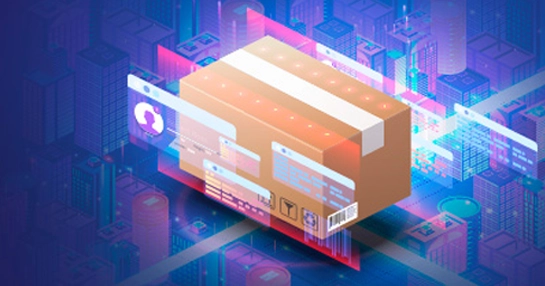-
GEP Software
-
- Procurement Software
- Direct Procurement Software
- Indirect Procurement Software
- Unified Source-to-Pay
- Source-To-Contract Software
- Procure-to-Pay
- Midsize & High Growth Enterprises
- Key Capabilities
- Spend Analysis
- Sourcing
- Contract Lifecycle Management
- Supplier Lifecycle Management
- Third-Party Risk Management
- Purchasing
- Payments
- Data Analytics and Reporting
- Do more with GEP SMART
- Intake Management & Orchestration
- Intelligent Category Management
- Tail Spend Management
- Cost Data & Analytics (GEP COSTDRIVERS)
- AI-First Supply Chain Management
- Supply Chain Visibility and Execution
- Logistics Visibility
- Inventory and Warehouse Management
- GEP Multienterprise Collaboration Network
- Supply Chain Control Tower
- Field Services
- Supply Chain Collaboration & Planning
- Supply Chain Planning
- Purchase Order Collaboration
- Forecast Collaboration
- Capacity Collaboration
- Quality Management Software
- Should-Cost Modeling
- Direct Material Sourcing
-
-
GEP Strategy
-
GEP Strategy
Unrivaled supply chain and procurement expertise + the transformative power of AI
Supply Chain Consulting
- Environmental, Social and Governance
- Sustainability Consulting Services
- Socially Responsible Sourcing
- Scope 3
- Demand and Supply Chain Planning
- Collaborative Planning
- Source To Contract
- Procure To Pay
- Inventory Strategy & Management
- Operations & Manufacturing Excellence
- GEP Total Inventory Management Solution
- Network Strategy & Optimization
- Warehousing & Transportation Management
-
-
GEP Managed Services
-
GEP Managed Services
World-class skills, experience and know-how — amplified by the power of AI
-


EU Sustainability Directive: A Guide for Procurement Teams
The European Union’s Corporate Sustainability Due Diligence Directive (CSDDD) is reshaping procurement, pushing teams to ensure supply chains meet strict social and environmental standards.
This podcast based on our white paper unpacks the directive’s impact on businesses, from large corporations to smaller suppliers in their ecosystems.
Discover how CSDDD transforms supplier evaluation, emphasizing risk segmentation and robust due diligence.
What You'll Hear:
- Segment suppliers by risk for effective compliance
- Leverage tech solutions like AI and blockchain for supply chain transparency
- Gain a competitive edge by aligning sustainability with business goals
This is a audio recording of a recent podcast.
PODCAST SUMMARY
The podcast begins with a discussion on the new reality that procurement teams are facing due to the EU's Corporate Sustainability Due Diligence Directive (CSDDD).
The speakers highlight how this directive requires companies to consider the sustainability of their supply chains, including the origins of materials and the treatment of people involved in the supply chain.
This directive is described as a game changer, emphasizing the need for companies to understand their supply chains deeply and commit to responsible practices.
The initial proposal of the directive was broader, impacting over 17,000 companies, but the final version focuses on larger companies with over 1,000 employees and a net turnover of more than €450 million globally.
However, smaller companies are not entirely off the hook as they are often part of larger supply chains that are directly impacted.
Impact on Procurement Practices
The speakers delve into how the CSDDD changes procurement practices. They explain that due diligence under this directive involves robust vetting of suppliers, considering human rights, environmental impact, and other factors. The directive lays out specific action points for procurement teams, such as supplier segmentation and prioritization based on risk6. This shift requires companies to move from a transactional approach to a more holistic one, understanding the potential risks associated with each supplier.
The speakers also discuss the importance of contractual obligations, with companies needing to include specific clauses in their contracts to ensure suppliers meet the required standards. This may involve using technology solutions like blockchain and AI for supply chain transparency and risk management.
Long-term Benefits and Strategic Implications
The podcast concludes with a discussion on the long-term benefits and strategic implications of the CSDDD. The speakers highlight that while there are financial and operational adjustments involved, the directive offers potentially huge long-term benefits. A more transparent and robust supply chain reduces overall risk for companies and enhances their brand reputation. Consumers are increasingly aware of where their products come from and are looking for brands that align with their values, particularly in terms of social and environmental responsibility. Companies that embrace these changes can strengthen their brand image and attract loyal customers. The speakers emphasize that adhering to the spirit of the CSDDD, not just the letter, is crucial for creating a positive ripple effect of change. This directive pushes companies to rethink traditional practices and embrace more sustainable and responsible ways of operating.
TO LISTEN, Please Enter your EMAIL
JUST A FEW MORE THINGS ABOUT YOU









